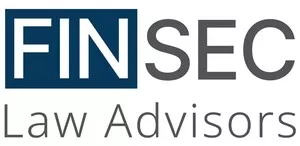The RBI, in its recent circular titled "Strategic Debt Restructuring Scheme", provided a framework whereby lender banks have been granted enhanced capabilities to initiate a change in ownership of a defaulting borrower by converting the loan dues into equity shares. As per the circular, the option to resort to SDR must be approved by the shareholders of the borrower company by way of a special resolution at the time of the initial restructuring. During the restructuring, if the lenders decide to undertake the SDR mechanism, a maximum period of 180 days is available for them to complete the conversion of the debt to equity either by the lenders themselves or through the CDR mechanism. Lenders must acquire atleast 51% of the share capital of the borrower. The circular seems to give lenders the discretion to determine the fair value, i.e., the price at which the debt is converted into equity, subject to upper and lower limits. As there is no clarity on how to arrive at the fair value or on whether the fair value also requires the approval of the borrower's shareholders, the provision seems to be lender centric.
Post conversion, the lenders must strive to divest control of the defaulting borrower to a 'new promoter' at the earliest, allowing them to recuperate their loan dues. The debt will be reclassified as a standard asset and the lenders may refinance the company if necessary. This benefit is not available if the lenders fail to divest. Additionally, the conversion under the SDR scheme shall benefit from an exempt from the requirements of making an open offer under the SEBI Takeover Regulations. However, this benefit does not extend to when the lenders divest their control to new promoters.
The SDR mechanism is a potent weapon in the hands of lenders as it ensures that the shareholders bear the first loss rather than the debt holders. While practical hardships might discourage lenders from resorting to SDR, it will certainly ensure that promoters take measures to please their lenders.
The content of this article is intended to provide a general guide to the subject matter. Specialist advice should be sought about your specific circumstances.


